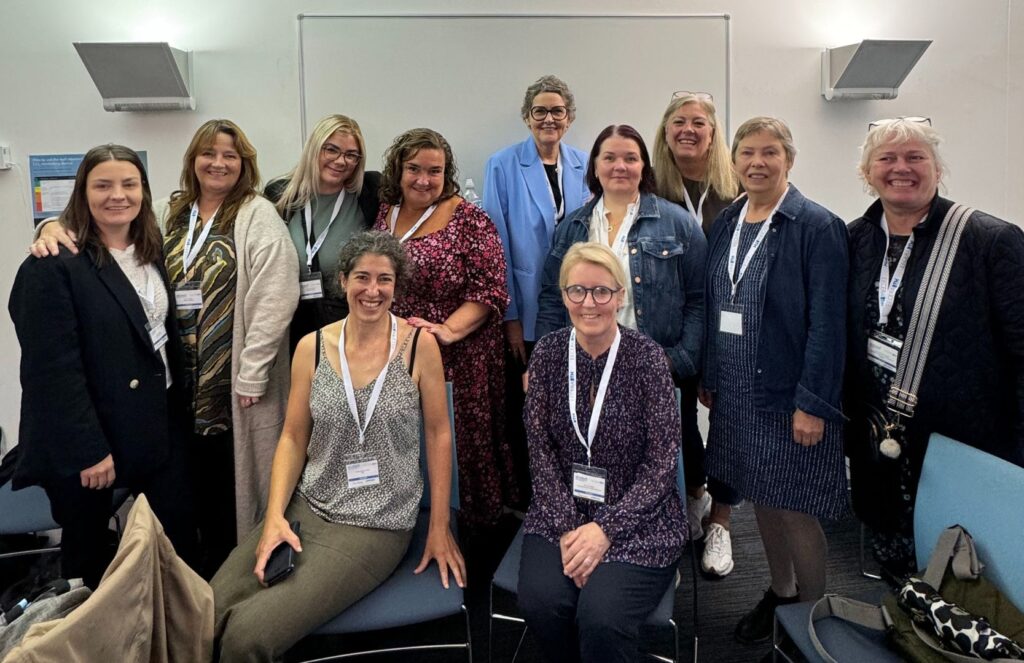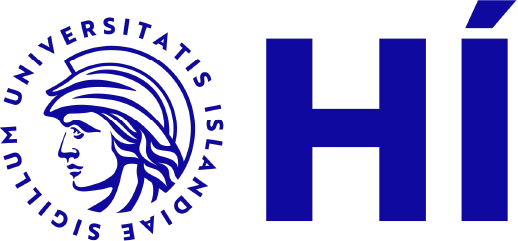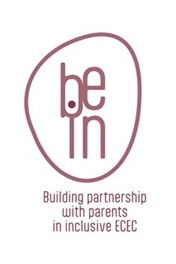The Be-In project aims to address the need to strengthen the competencies of ECEC professionals (childcare workers and leaders) to work with children with special needs and build a collaborative partnership with their parents. Hence, Be-In contributes to high quality inclusive ECEC for children with special needs and their parents.
Be-in addresses this overall project aim, by:
(1) Gain a detailed understanding of the policy, research, and practice with regard to inclusion of children with special needs and, in particular, the position and collaboration with parents in the context of inclusive ECEC in the involved countries.
(2) Facilitate transnational learning (via training and job shadowing) for ECEC professionals on working with children with special needs and, in particular, building a collaborative partnership with parents, and strengthening the competencies of ECEC professionals in this.
(3) Develop, implement, and evaluate actions to strengthen the competencies of ECEC professionals on working with children with special needs and their parents in different ECEC settings.
(4) Equip trainers, school leaders, and local/regional authorities responsible for ECEC with knowledge, examples of good practice, and materials to support professional development of ECEC professionals on working with children with special needs and their parents.
BENEFITS OF TRANSNATIONAL COLLABORATION
The 3 countries involved (Portugal, Iceland, Belgium) in Be-In have each a specific context on inclusive ECEC. Through transnational collaboration the involved partners of the Be-In project can learn from each other which lead to an added value for each partner.
– Sharing knowledge and expertise on inclusive ECEC across countries which has an added value for research, policy and practice in the involved countries
– Maximizing the impact of pedagogical innovation that can be generated by joining the diversified expertise of each partner;
– Providing ECEC staff with opportunities for transnational learning through shared training and job shadowing in other countries.
Activities
The five main AREAS OF ACTIVITIES carried out within the Be-In project are:
(1) Development of a Reflection tool based on a literature review on cooperation with parents in the context of inclusion of children with special needs.
(2) Transnational learning activities via training and job shadowing in the different countries on inclusion of children with special needs and, in particular, cooperation with parents.
(3) Action-research on inclusion based on training and job shadowing (2 per country) in Belgium, Iceland and Portugal.
(4) Involve other stakeholders (other ECEC centres, training organisations, local or regional authorities, …) to share the projects’ process and results with a broader group who have an interest in inclusive ECEC and hereby enhance transferability of the project results.
(5) Dissemination of the project’s findings and the training resources and policy recommendations.
Impact
The TANGIBLE RESULTS in relation to the areas of activities are:
– Reflection toolkit based on literature review on inclusive ECEC. The findings from the literature review will be translated in a Reflection toolkit which make the research findings accessible for a broader audience and useful in the context of professional development.
– Training week for ECEC practitioners on inclusion of children with special needs and cooperation with their parents.
– Job shadowing activities for ECEC practitioners from the ECEC centres involved in the Be-In project.
– Case study reports of the action-research on inclusion of children with special needs and cooperation with their parents conducted in the involved countries.
– Training resources on inclusive ECEC that can be used in other ECEC services in the countries involved and in other European contexts for professional development of ECEC staff.
– Dissemination events to promote the project’s findings and the training resources
The INTANGIBLE RESULTS (impact) of the Be-In project are:
(1) Impact on professionals:
– Pedagogical practice of the ECEC centers is better adapted to the needs of children with special needs and their families.
– Increased reflective/relational/methodological competences of ECEC staff on inclusive ECEC.
– Increased cooperation at local level and networking among ECEC institutions at international (European) level for the exchange of good practice on inclusive ECEC.
– Stakeholders outside the Be-In partnership (other ECEC centers, training organizations, local or regional authorities) use the Be-In materials and results in their own context.
–
(2) Impact on parents and children:
– Parents of children with special needs feel more confident and involved in the collaboration with the ECEC staff.
– Increased wellbeing and involvement of children with special needs.
Upplýsingar á íslensku
Verkefnið miðar að því að styrkja hæfni fagfólks og stjórnenda í leikskólum til að vinna með börnum með sérþarfir og byggja upp samstarf við foreldra þeirra. Þáttökulöndin eru auk Íslands, Belgía og Portúgal. Auk háskólakennara taka þátt tveir leikskólar í hverju landi. Hér á landi taka þátt fulltrúar frá MVS, Skóla og frístundasviði Reykjavíkurborgar, leikskólinn Suðurborg og leikskólinn Múlaborg.






